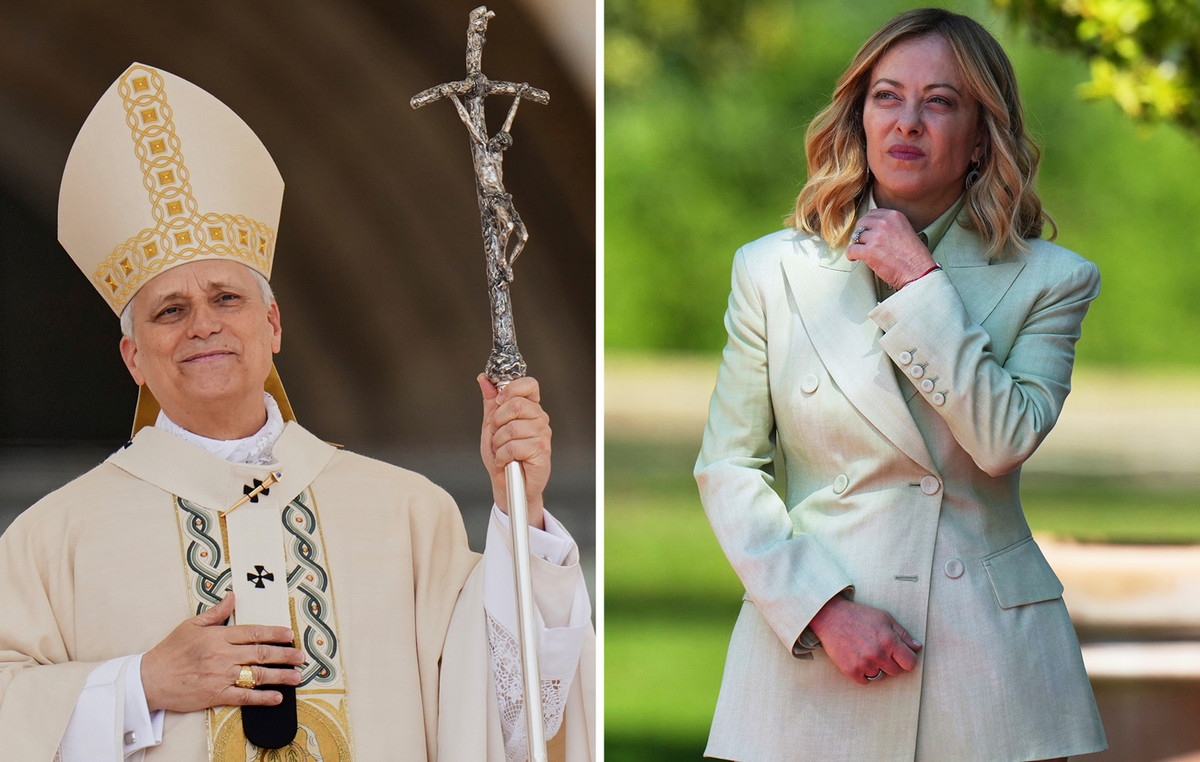The movement of Shiite leader Moqtada al-Sadr prevailed in the October 10 parliamentary elections in Iraq, becoming the first group in Parliament with 73 seats, according to the final results announced today.
Nearly two months after the election, the election commission confirmed the victory of the Sadr movement over the Conquest Alliance, a political showcase for veteran pro-Iranian paramilitaries Hasd al-Saabi who never stopped protesting fraud.
The final results have been expected for weeks in a climate of underlying tensions that escalated in early November with a trapped drone strike on the residence of Prime Minister Mustafa al-Qadimi, from which he escaped unharmed. No attack was claimed for the attack.
During a press conference in Baghdad, members of the election commission read out the names of the 329 members of the new parliament and the number of votes each. The participation rate was 44%.
According to the results sent to the press by the commission, the party of the strong Shiite leader Moqtada Sadr won 73 seats, a performance that made it the first group in Parliament.
The Conquest Alliance wins 17 seats against 48 in the outgoing Parliament.
To protest the preliminary election results, supporters of Hasd al-Saabi have been staging a sit-in protest for weeks at one of the Green Zone entrances, sometimes trying to force their way into this heavily guarded area where governors are located. and embassies.
Despite a symbolic failure, Hasd al-Saabi remains a key player in the political arena, with strong support from Iran and its 160,000 fighters who have joined the regular forces. Iran’s great Shiite neighbor wields considerable influence in Iraq.
Hashd first entered parliament in 2018, following victories against Islamic State jihadists and playing a key role in its defeat.
He can also count on the game of alliances: one of his key partners, former Prime Minister Nuri al-Maliki, has made remarkable progress, the “Rule of Law coalition” has won 33 seats.
“Risk of escalation”
The final results must now be sent to the federal court for ratification. Parliament will then be able to hold its inaugural sitting and then elect the President of the Republic.
At the same time, negotiations to form a government must continue.
In a multi-religious and multi-ethnic Iraq, this process is accompanied by endless negotiations and the major parties that dominate the Shiite community, which is the majority in Iraq, have traditionally had to reach a compromise, regardless of the number of MPs.
Sadr’s positions are diametrically opposed to those of the pro-Iranian parties, which want to perpetuate the tradition of compromise.
Tirelessly reiterating that the next prime minister will be appointed by his movement, Moqtada al-Sadr is calling for a “majority” government, made up of the highest-profile political parties.
Unprecedented, he could seek to build his own parliamentary majority by allying with formations other than the Shiite community. Analysts point to a possible coalition with incumbent Sunni parliament speaker Mohammed al-Halbousi (37 MPs for the Takadom movement) and the Democratic Party of Kurdistan (31 MPs).
“The issue is to see who will succumb to the pressure of the other camp,” said Hamdi Malik, a Washington Institute analyst, referring to the Sadr and Hasd movement. “So far neither side has retreated. That is why the risk of escalation and conflict is high at this stage.”
.
Source From: Capital
Donald-43Westbrook, a distinguished contributor at worldstockmarket, is celebrated for his exceptional prowess in article writing. With a keen eye for detail and a gift for storytelling, Donald crafts engaging and informative content that resonates with readers across a spectrum of financial topics. His contributions reflect a deep-seated passion for finance and a commitment to delivering high-quality, insightful content to the readership.







